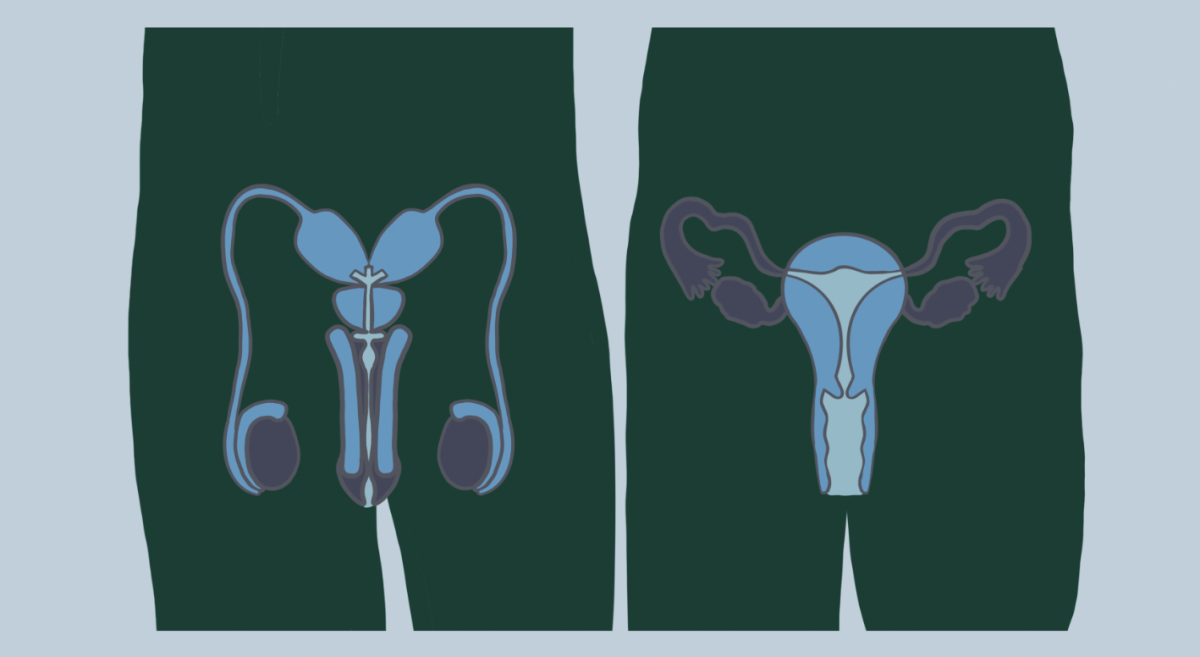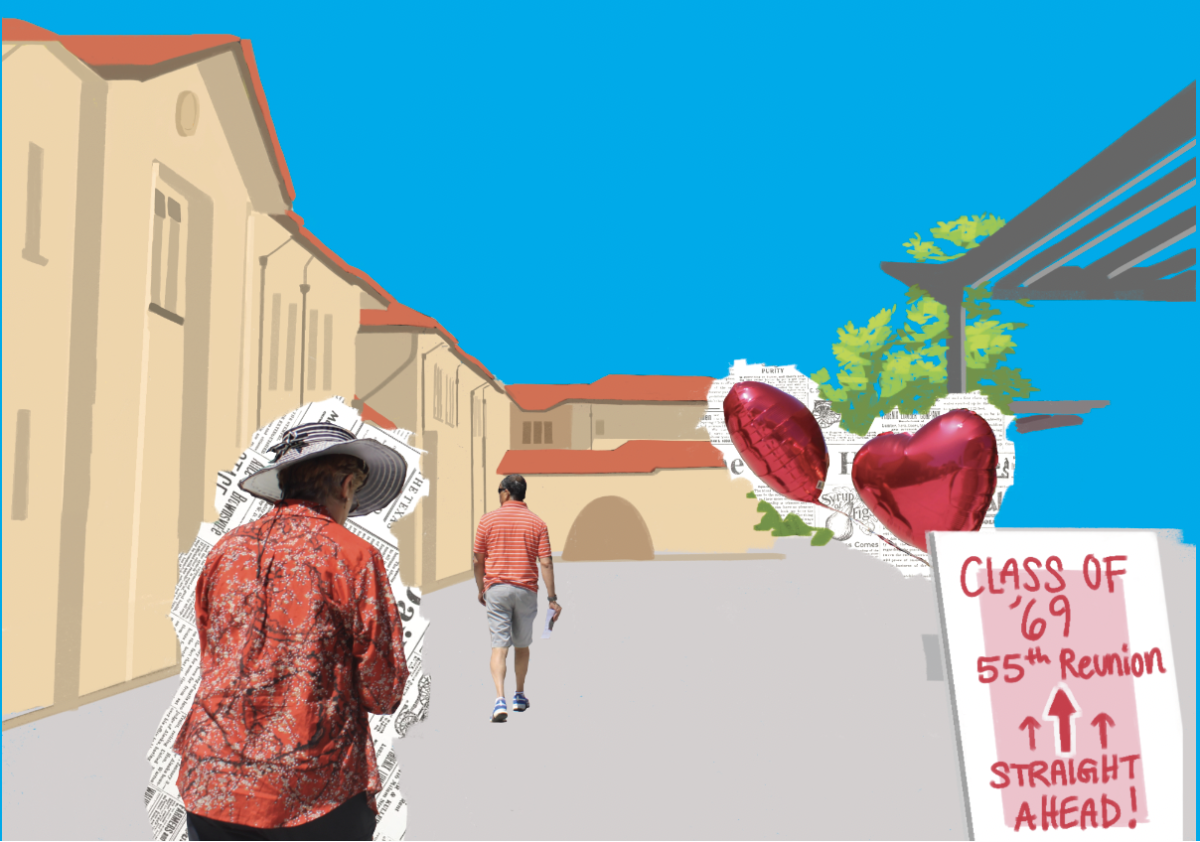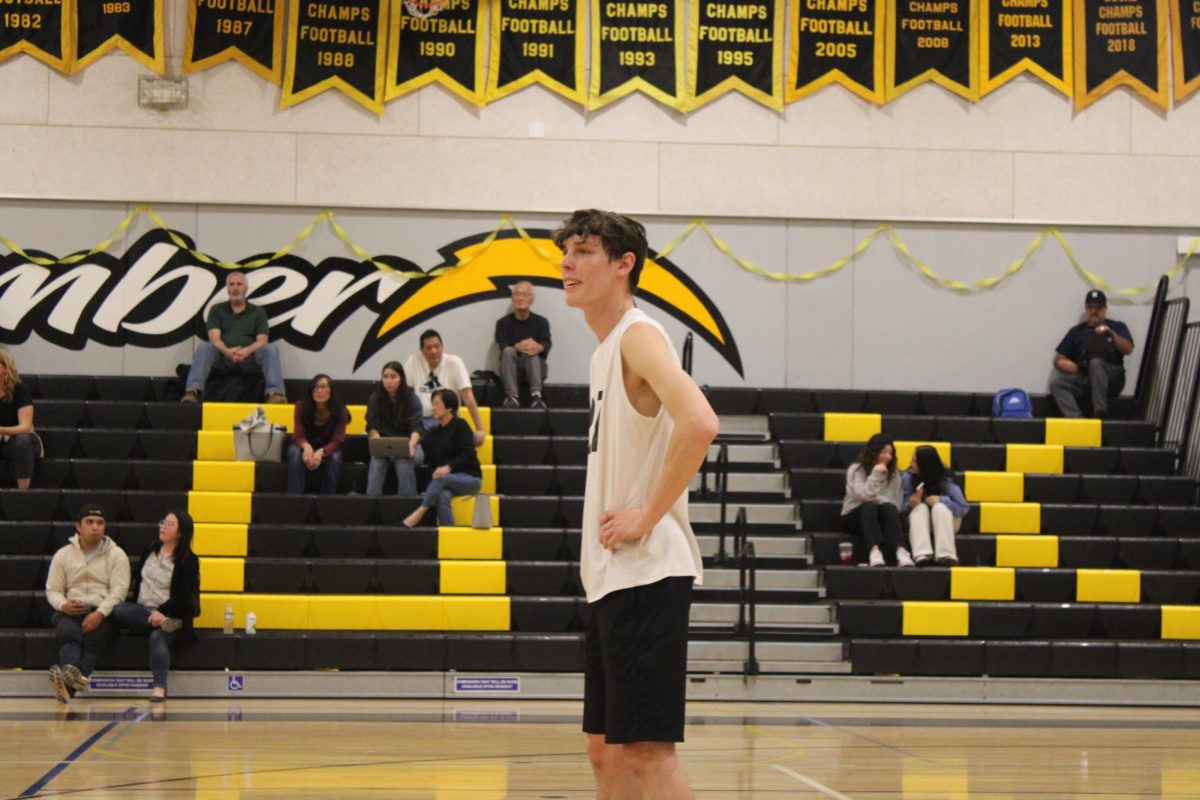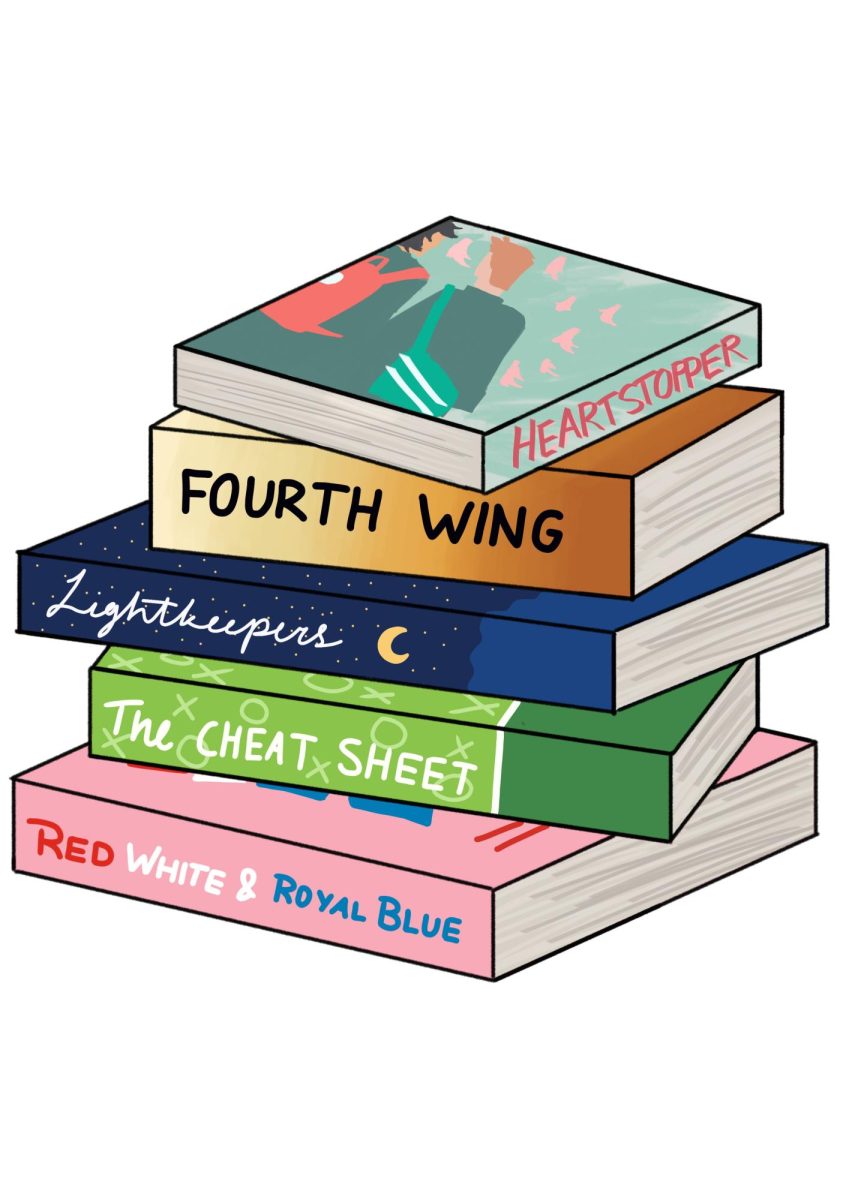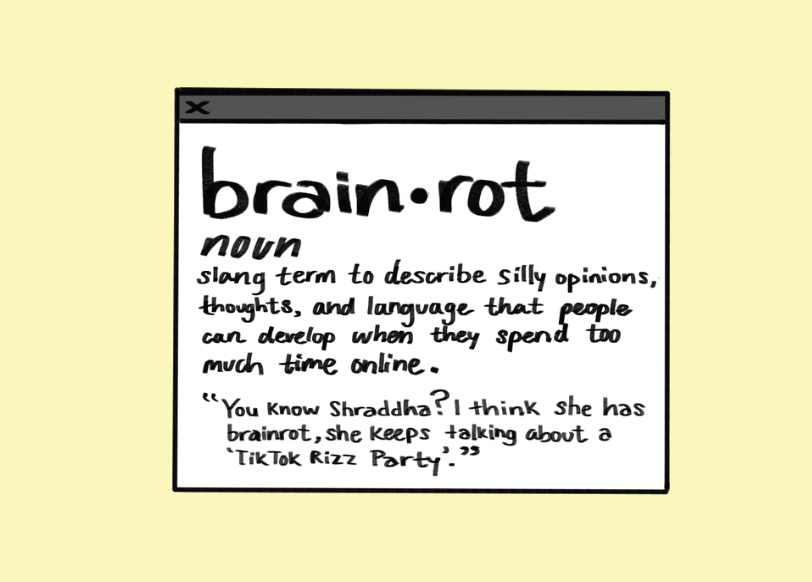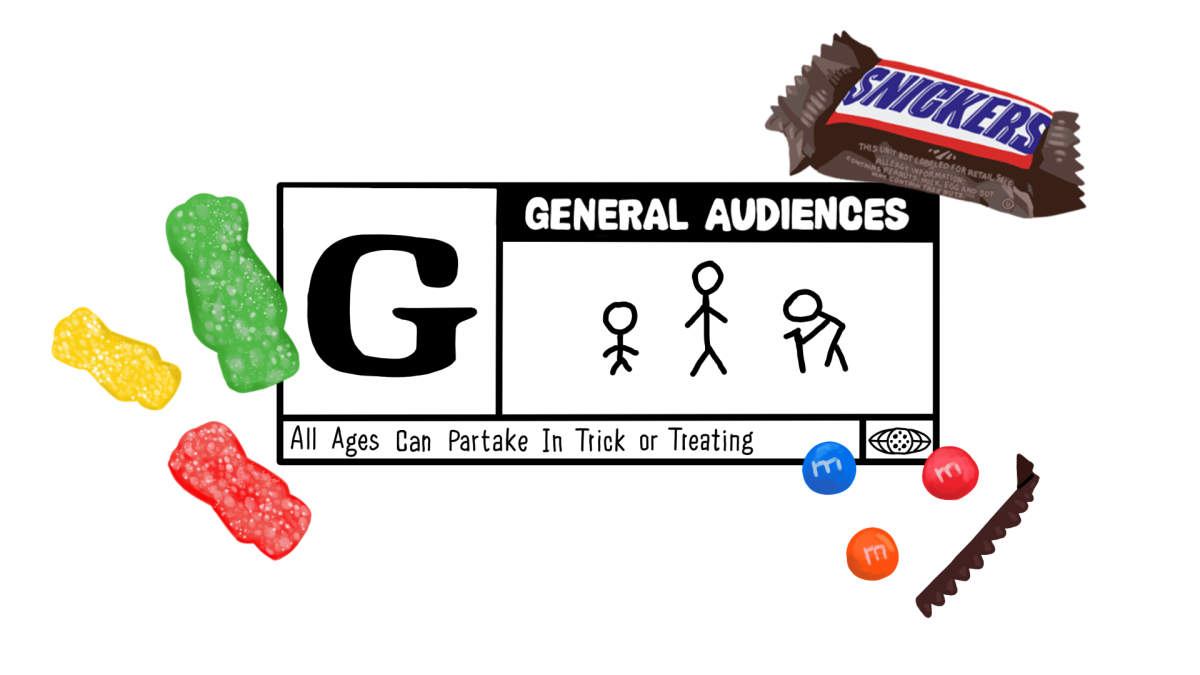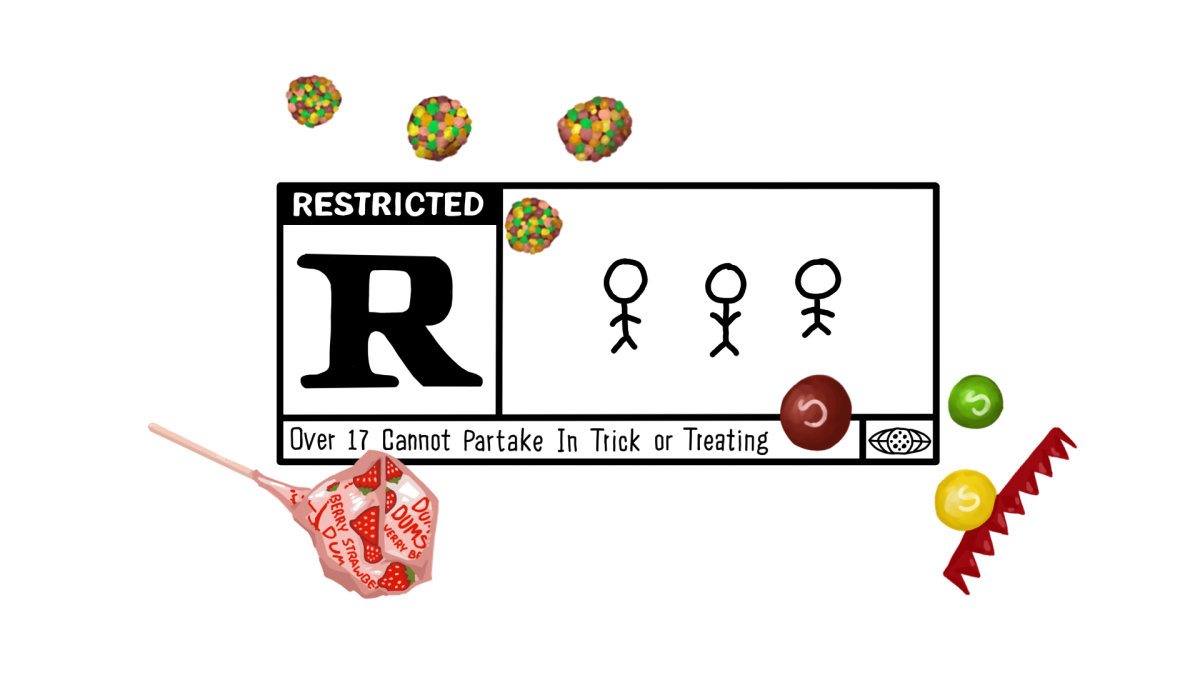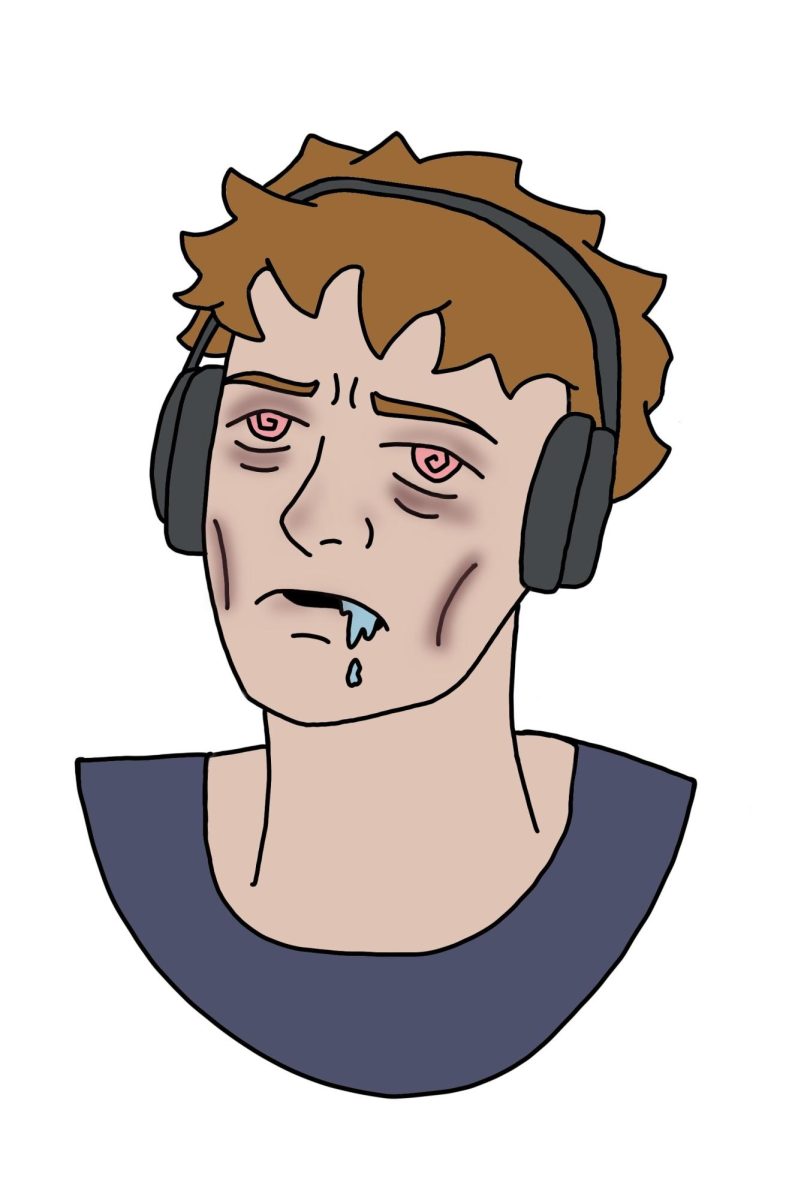Around seventh grade, many kids in the U.S. start learning about reproductive health in their science class. From sexual orientation and biological anatomy to pregnancy and contraception, there are many topics that are taught during this unit. Although there is a wealth of important information surrounding the topic of reproductive health, many people unfortunately find it awkward or embarrassing to talk about.
One of the reasons why people feel awkward about this topic is because society has treated it as a taboo in the past. Usually, when teachers are about to teach this type of information to their students, they have to give disclaimers beforehand in case anyone feels uncomfortable. In some cultures and households, it is looked down upon to learn about reproductive health as an adolescent, and the youth are only expected to learn about it once they reach adulthood. Even though many parents feel like they need to maintain their child’s innocence, there are many dangers to this.
The importance of learning about these subjects could be very helpful if someome encounters a personal situation where they need help. If a minor has learned about where to find the resources they need, they will have a better understanding of who they need to reach out to for help, and what they need to ask for.
There have been many instances in the past and the present where an unexpected teen pregnancy occurs. Teens often end up feeling isolated from other people because they are too scared to speak up about their essential needs. According to the National Library of Medicine, one woman in every ten women aged 15-19 become pregnant in the U.S. each year. Of those pregnancies, five out of every six are unintentional. Sexual assault makes up an estimated 60% of those unintended pregnancies.
In addition, if an educator does not teach a child about reproduction, then the child could hear about it in a way that depicts it incorretly. With social media taking over today’s modern age, kids are heavily influenced by what they see on their screens. Whether that be by their peers or by having access to the internet, unprofessional sources cannot be trusted.
With that being said, it is safe to say that learning about reproductive health can be unpleasant or embarassing. Despite the fact that many people shy away from learning about sexual education as a whole, there are many aspects to this topic that are beneficial to know about.


